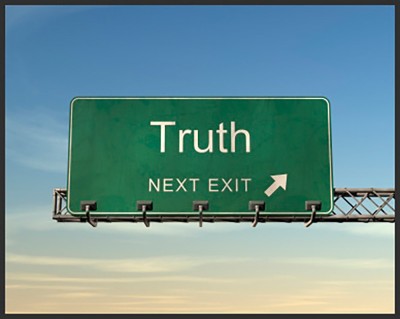
It doesn’t seem more than a month ago when we were reading about the overt miracles that manifested so publicly including the ten plagues, Kriyat Yam Suf, and of course, culminating with our ultimate marriage with G-d Himself. Suddenly, with almost no introduction, does the topic of conversation become civil law, how-to instructions for the mishkan, a description of the garments that the kohen gadol is to wear during his avodah, and currently, a discussion on the sacrificial korbanot we are commanded to bring. If this is the sequel to an action packed sequence of blood, death, and smoky mountains, then may I suggest that the sequel never compares to the original?
Truth be told, I had always felt kind of bland during these weeks, as these parshot felt like a long movie with a story line that seemed to go nowhere. Until that is, I actually started to give the plot a chance to capture my attention, and what struck me were the details themselves. Everything from the uniquely wide ranging types of materials used to build the mishkan and the instructional precision of how to build it, to the description of the Kohen Gadol’s garments including the various names, colors, and materials, and beyond, are just way too profound, comprehensive, and in depth for mere mortals to devise (as I told my daughter as we learned together, “you just can’t write this stuff”). In fact, I challenge anyone to open up to any part of the last few parshot of Shemot to the first few of Vayikra and spend no more than five minutes reading the pesukim themselves (don’t even get me started on the commentary), and not walk away with your jaw just a little bit more oval shaped than before.
I’ve heard people say, “I’ll believe it when I see it.” Seeing or hearing something can certainly be compelling for one to strengthen their knowledge or belief in facts. In fact, how many times have many of us said “if G-d spoke to me or let me see Him, I’d become a believer.” I’ve certainly heard my share of back and forth arguments in both directions. Oftentimes, I do wonder how accurate that statement really is.
There have been times when I have returned home from a shiur, inspiring event, or had a profound experience, and told my wife “that’s it, now I KNOW what emet is (just happened this week in fact) and went to bed feeling like an angel in seventh heaven because NOW I had the answers. Yet, anywhere between a day to a week later, that feeling, somehow gone. So, I would try and figure out what went wrong. I think the answer happens to lie in the title of this article.
The experiences I’ve had certainly give me food for thought and challenge the inner workings of my brain. But only a percentage of it actually penetrates into my being. Why that is can be different for each of us, but if I don’t actually believe it, not just intellectually, but wholeheartedly (in my kishkas if you will), then the after effects of my knowledge or experience will wane.
It is said that the further distance is from the head to the heart. How true that is. I think part of our goal in life is to narrow that bridge as best as we can, and part of how we do that is by seeking truth, begging G-d for help in discerning fact from fiction, and making a daily decision to allow that truth in to our beings, which can be done most effectively by reinforcing the message through action.
One of my kids recently asked me “why should I clean up my mess if it will only get messy again tomorrow.” I felt that if I call myself Orthodox, the least I could do is answer her question with another question. And so, I did: why should I shower today if I’m going to be dirty tomorrow? Because it matters that we feel good today. And if we want that same positive feeling tomorrow, we need to do what we did today, tomorrow. Seeking and attaining truth is great. But that is a daily job with virtually no days off. Knowing we will eventually have that icky feeling tomorrow is reason enough to take our daily spiritual shower, so we are at our tip top shape to seek, pray for, and put the emet we gain, into practice.
I recently read a beautiful commentary on the blessing of giving sight to the blind by partnering Queens Jewish Link writer, Eliezer Szrolovits, which is interesting because I had often wondered if someone who is indeed blind, should be required to recite that bracha. I had also learned that one can be blind and still have their eyesight intact. I think many people in physical or emotional recovery, would relate to the concept that genuine sight emanates from the heart. Because anyone who see’s now what they didn’t see before, has the vision necessary to rise above any and all limitations.
May Hashem grant us all the ability to see through the fiction and cross that narrow bridge, unscathed.
Wishing you a Shabbat Shalom!
By Ariel Natan Dori
I’ll See It, When I Believe It
Typography
- Smaller Small Medium Big Bigger
- Default Helvetica Segoe Georgia Times
- Reading Mode












